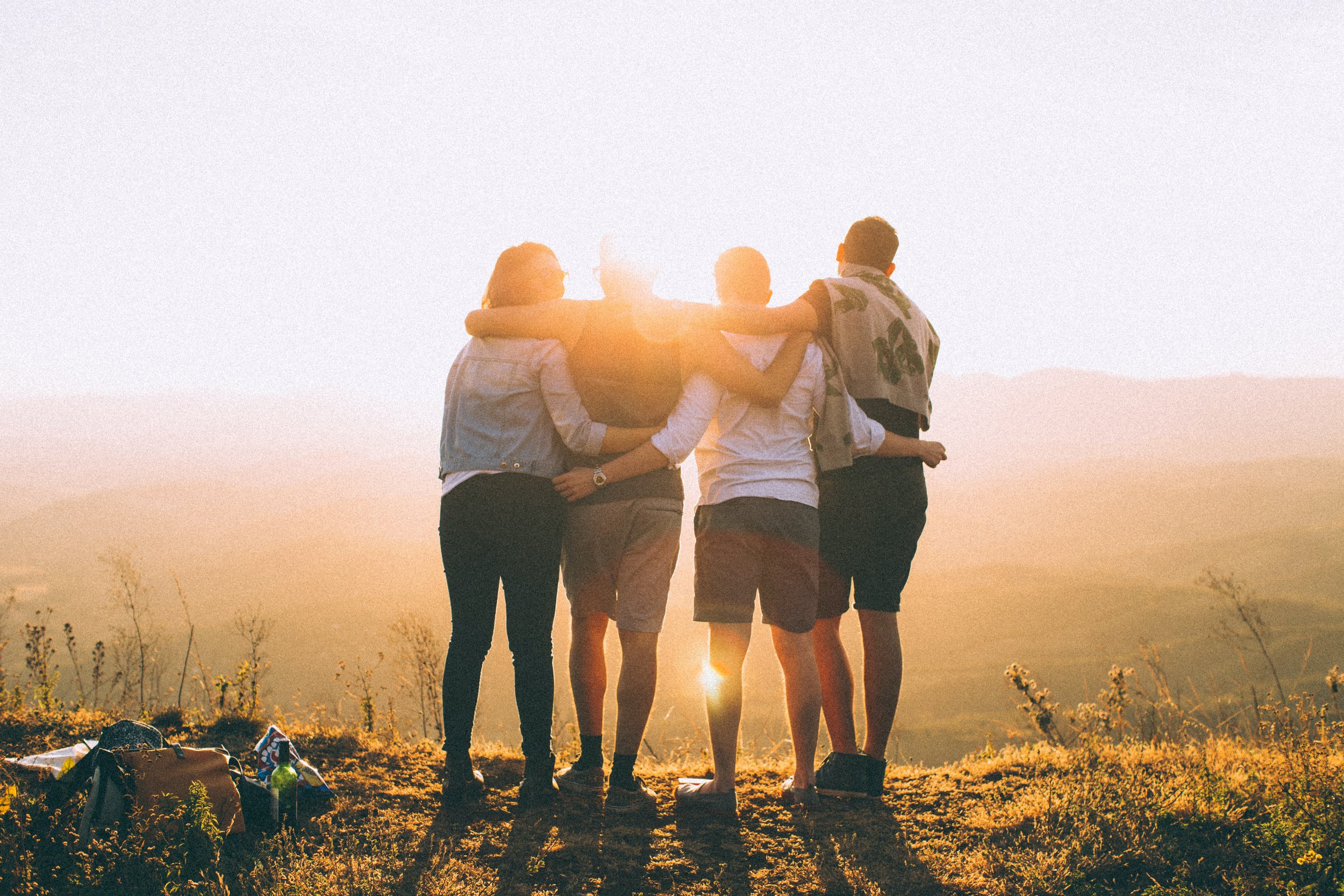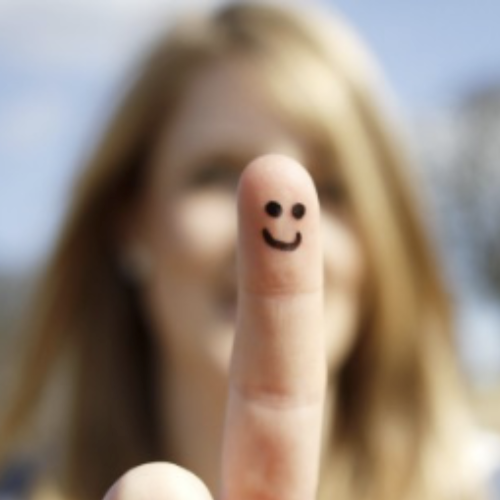
February 26, 2024
Having strong relationships and social connection boosts dopamine, a neurotransmitter (chemical messenger) that impacts how we feel pleasure. And the people you choose to spend time with matters. Mirror neurons in your brain help mirror or copy the behaviour and actions of people around you. What limiting beliefs might be holding you back from making more meaningful connections?
Search
Blog
my

